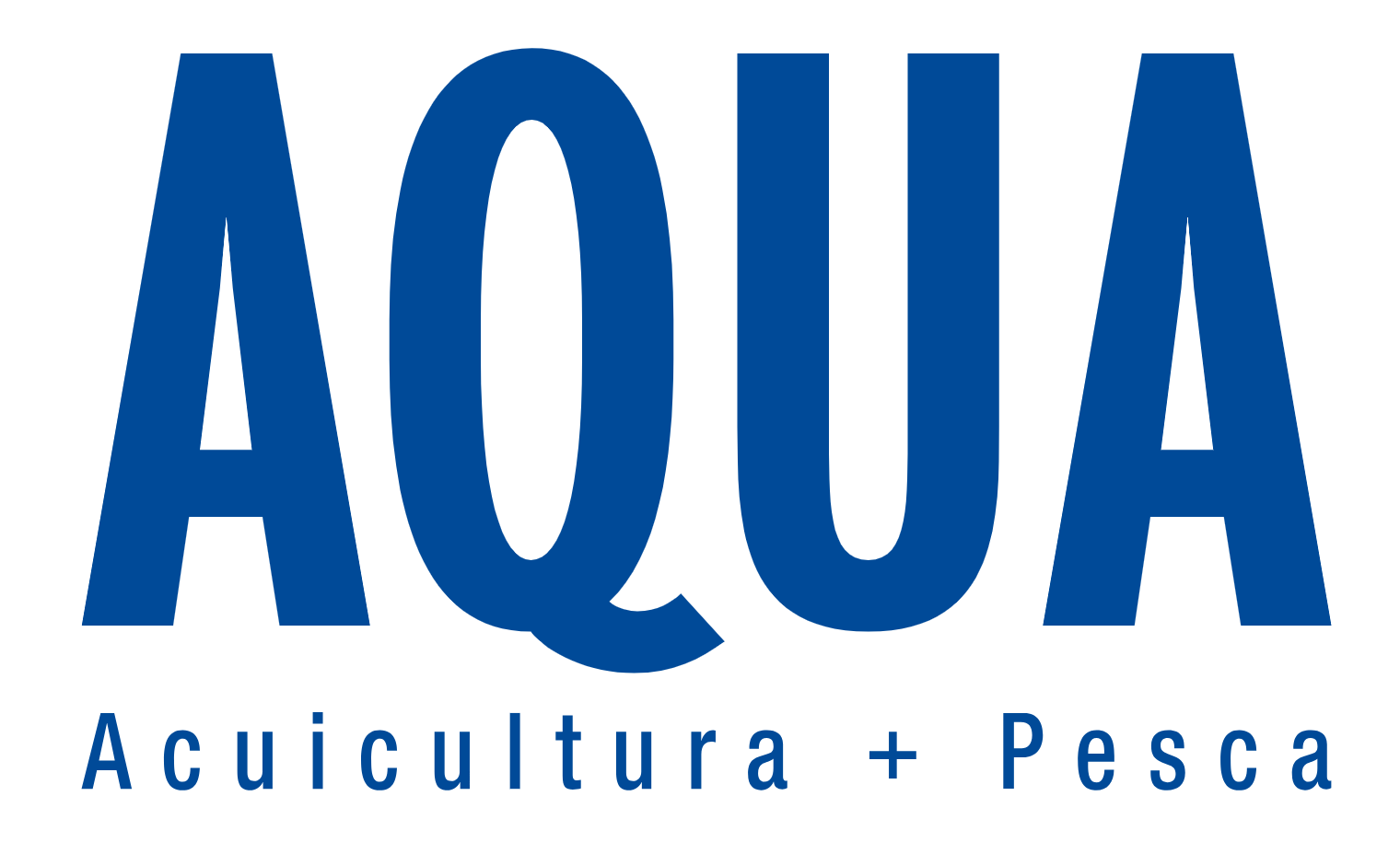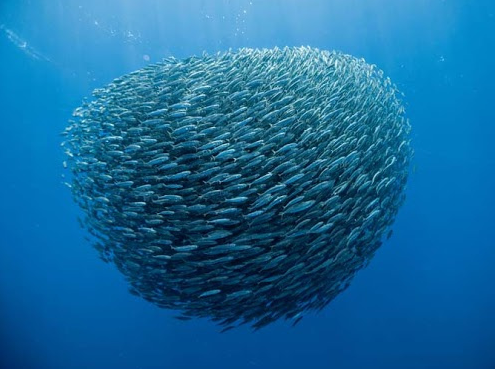El simposio Effects of Climate Change on the World’s Ocean (ECCWO5) reunirá a expertos de todo el mundo para comprender mejor los impactos climáticos en los ecosistemas oceánicos, los servicios ecosistémicos que brindan y las personas, empresas y comunidades que dependen de ellos.
El evento destacará la información más reciente sobre cómo están cambiando los océanos, las respuestas que están en marcha y las estrategias para aumentar la resiliencia, la mitigación y la adaptación climática. Su objetivo es identificar brechas de conocimiento clave, promover colaboraciones y estimular la próxima generación de ciencia y acciones.
En este importante simposio, los organizadores han aceptado la presentación del trabajo «Vulnerability to climate change of essential habitats for fishery resources of economic importance in Chile», de los autores E. Yáñez, C. Silva, F. Sánchez and M.E, Garrido (eleuterio.yanez@pucv.cl).
Este trabajo muestra los efectos negativos del cambio climático en los pequeños pelágicos, como anchoveta y sardina común; y los desplazamientos de peces pelágicos de mayor tamaño como pez espada y jurel, haciéndolos más disponibles (se adjunta resumen en inglés).
Acá el abstract del artículo (inglés):
Vulnerability to climate change of essential habitats for fishery resources of economic importance in Chile
Eleuterio Yáñez, Claudio Silva, Felipe Sánchez and María Eugenia Garrido
Pontificia Universidad Católica de Valparaíso, Chile
eleuterio.yanez@pucv.cl
The distribution of eggs, landings, fishing effort and CPUE abundance index, sea surface temperature, chlorophyll concentration, winds and sea height are analyzed. The description of the essential habitat is based on bibliographic references along with fisheries and satellite information, generating information matrices with suitability ranges. These matrices are used to generate conceptual maps of the essential habitat for the resources. The importance of the habitat is categorized based on the matrices and conceptual maps, with environmental variables categorized in ranges from 1 to 5. Then conceptual models are elaborated and predictive models associated with regionalized climate change are developed.
For jack mackerel (Trachurus murphyi), a Maxent model was developed that shows losses in the area of the most suitable habitat in summer and gains during the rest of the year, around 2055. Neural networks estimate a 92% increase in landings by 2056-2065, which would be due more to a change in availability than abundance. Swordfish (Xiphias gladius) would move further south as climate change develops. For anchovy (Engraulis ringens) the model shows loss of area of the most suitable egg habitat of 30%, 93% and 95% by august, september and october 2055; and a 97% annual loss of desirable habitat for adults in that year, as would be the case for common sardine (Strangomera bentinki). It is necessary to refine the regionalization of climate change, consider its effect on the entire life cycle of the species and develop a regional transdisciplinary research program.
Fotografía referencial: Sonapesca

